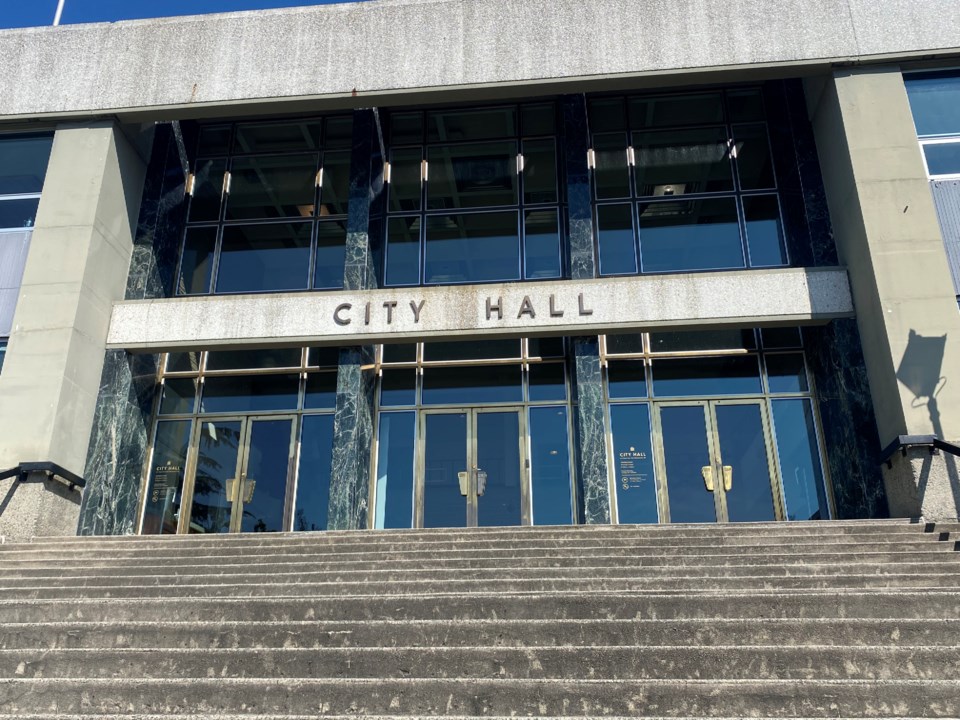The city has declared June 30 as Indigenous Survivors Day in New Westminster in an effort to reaffirm its dedication to honouring Indigenous survivors, promote healing, and actively contribute to the construction of a more equitable and inclusive city for all.
The proclamation states that the designation of June 30 as Indigenous Survivors Day provides a significant opportunity to recognize and honour the resilience, strength, and cultural heritage of Indigenous communities that have endured historical trauma, including the 60s Scoop, the Millennium Scoop, birth alerts, and the enduring legacy of residential schools.
“By proclaiming June 30 as Indigenous Survivors Day, the City of New Westminster aims to create a crucial platform for healing, education, and dialogue. This initiative seeks to raise awareness about the unique struggles faced by Indigenous peoples, emphasizing the need for understanding and support,” said the proclamation. “This observance serves as a solemn reminder of the ongoing challenges confronted by Indigenous people and communities in the City of New Westminster.”
In Canada, Indigenous refers to First Nations, Métis and Inuit people.
Coun. Daniel Fontaine, who is Métis, read out most of the City of New Westminster’s proclamation at the June 24 council meeting.
“I think it's so important to encourage other Indigenous people across not only New Westminster, but across Metro Vancouver to recognize what survivors have gone through,” he said. “I have been very privileged, I've been very fortunate in my life, and I realize that. But I've had the opportunity to hear many stories from Indigenous people.”
At the meeting, Fontaine shared a bit about his personal experience as a Métis person.
“A Métis person, for those who are not familiar, Métis people are effectively a combination of cultures – of colonial European culture and First Nations people,” he said. “Growing up, I didn't know I was Métis; I found out later in life that I was, and I have since been able to embrace and understand my culture.”
Fontaine said he was able to serve in the Métis community when he was the deputy minister for Métis Nation B.C.
“They too have gone through the scoop. And yet, when you look at the history books, the 60s Scoop very rarely mentions Métis people,” he said. “Métis people had to deal with residential schools. Yet very few history books mention that Métis people were in residential schools.”
As the city’s proclamation notes, Fontaine said Indigenous survivors have had to live through so many sufferings.
“In many cases, I lived in two worlds,” he said. “Many people, even my own Métis people, did not see me as being Métis because I was white presenting. They said, ‘You are not Métis enough; you're not the right Métis.’ And then Caucasian people would say to me, ‘Well, you're Indigenous, you're not white.’ So, Métis, people often fall in the middle, in the centre, and often, for many different reasons, are not fully treated as Indigenous peoples themselves, in particular white-presenting Métis people.”






